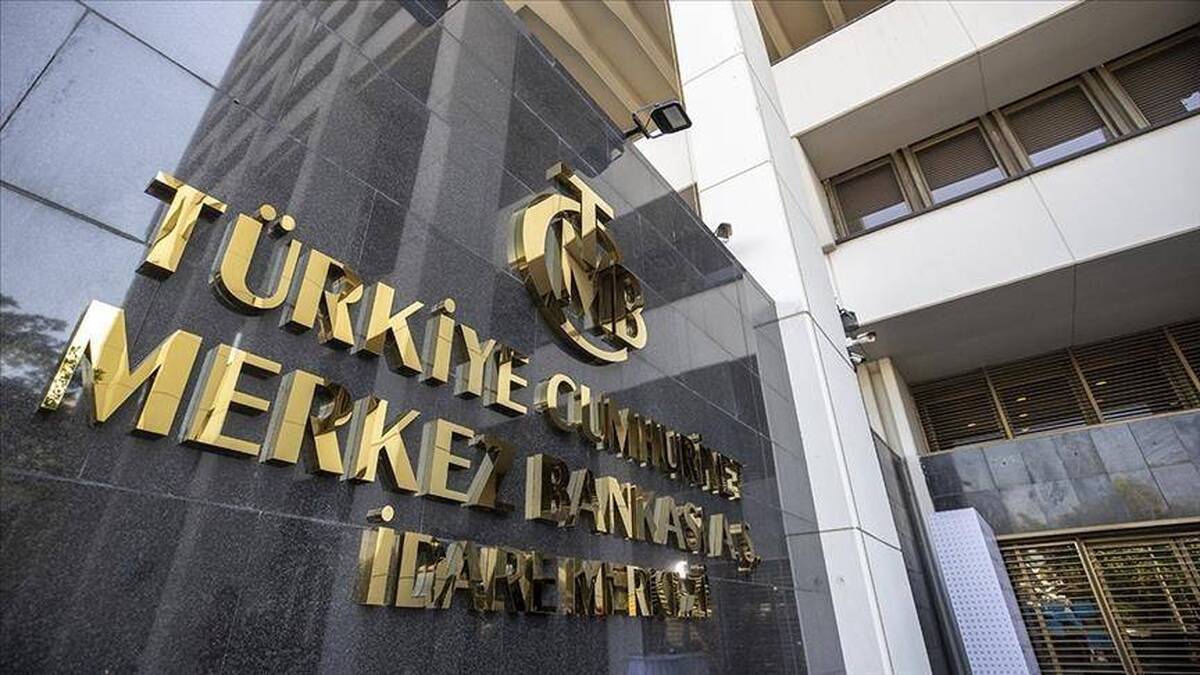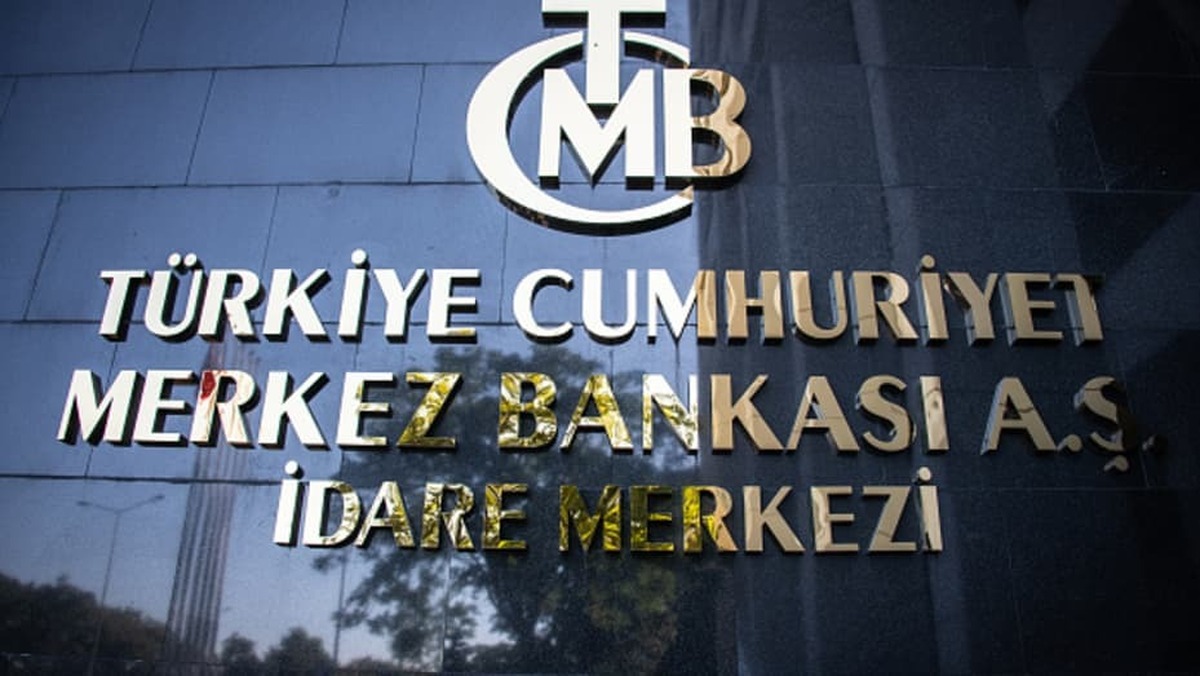Turkish Central Bank Raises Policy Interest Rate to 40 Percent

The central bank's monetary policy committee said in a statement that the current level of monetary tightness is assessed to be significantly close to the level required to establish the disinflation course.
"Accordingly, the pace of monetary tightening will slow down, and the tightening cycle will be completed shortly," the central bank said in a statement, while noting "the monetary tightness will be maintained as long as needed to ensure sustained price stability."
The improvement in external financing conditions, the continued increase in foreign exchange reserves, the positive impact of demand rebalancing on current account balance, and the increase in domestic and foreign demand for Turkish lira-denominated assets contribute significantly to exchange rate stability and the effectiveness of the monetary policy, said the bank.
"In light of these developments, a decline in the underlying trend of monthly inflation is observed," the statement added.
The central bank embarked on a tightening cycle after Turkish President Recep Tayyip Erdogan appointed former bankers Hafize Gaye Erkan as central bank governor and Mehmet Simsek as the head of the Treasury and Finance Ministry in June. Both bankers were considered market-friendly figures.
The central bank aggressively raised interest rates from 8.5 percent to 35 percent during the June-October period to tame persistent inflation.
Yet, driven by the government's tax increase, rising reconstruction costs after the deadly earthquakes in February, and other factors, Turkish annual inflation in October, although easing for the first time in three months, still stood above 60 percent.
4155/v
























